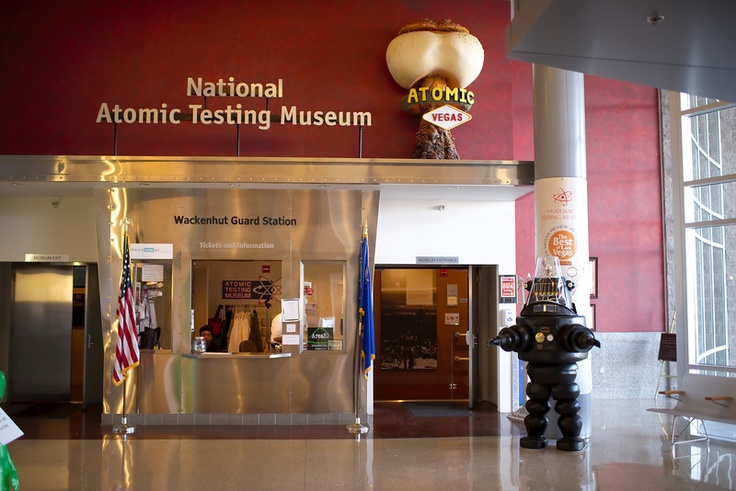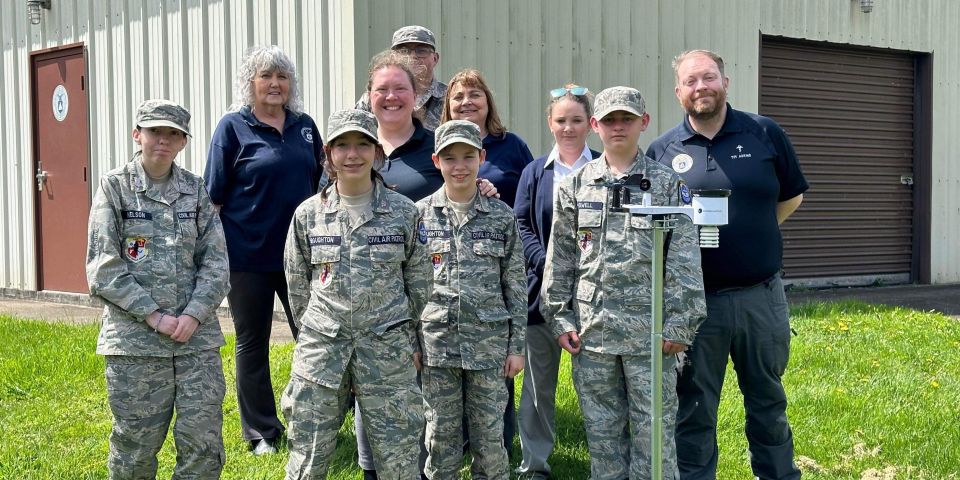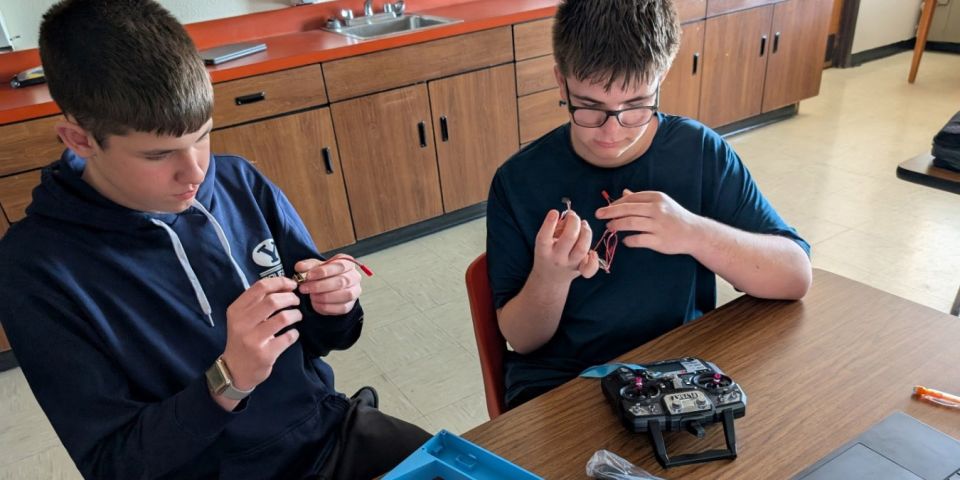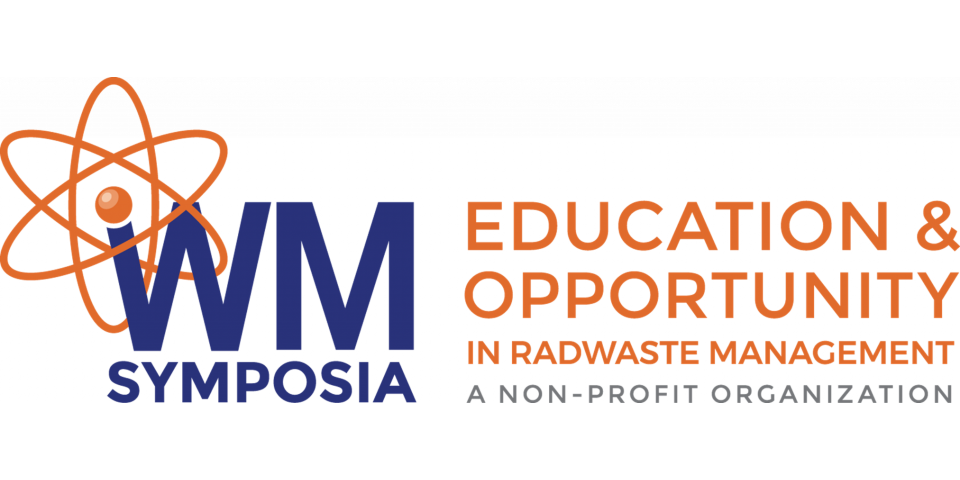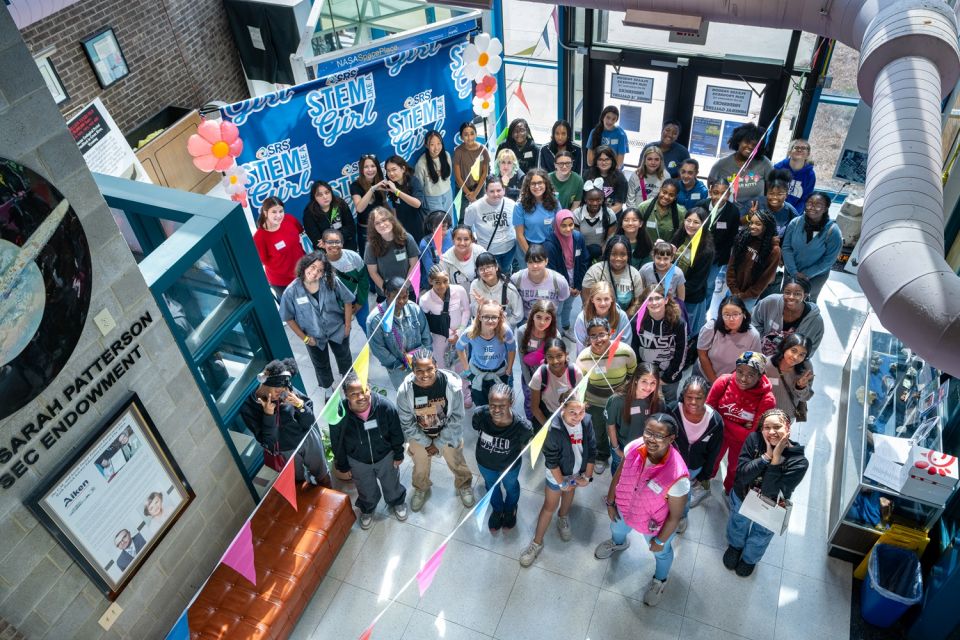NNSA funds projects to expand MSI Partnership Program
The Minority Serving Institution Partnership Program (MSIPP) of the Department of Energy’s National Nuclear Security Administration has recently awarded seven federal grants to projects involving minority serving institutions (MSIs).

-3 2x1.jpg)
